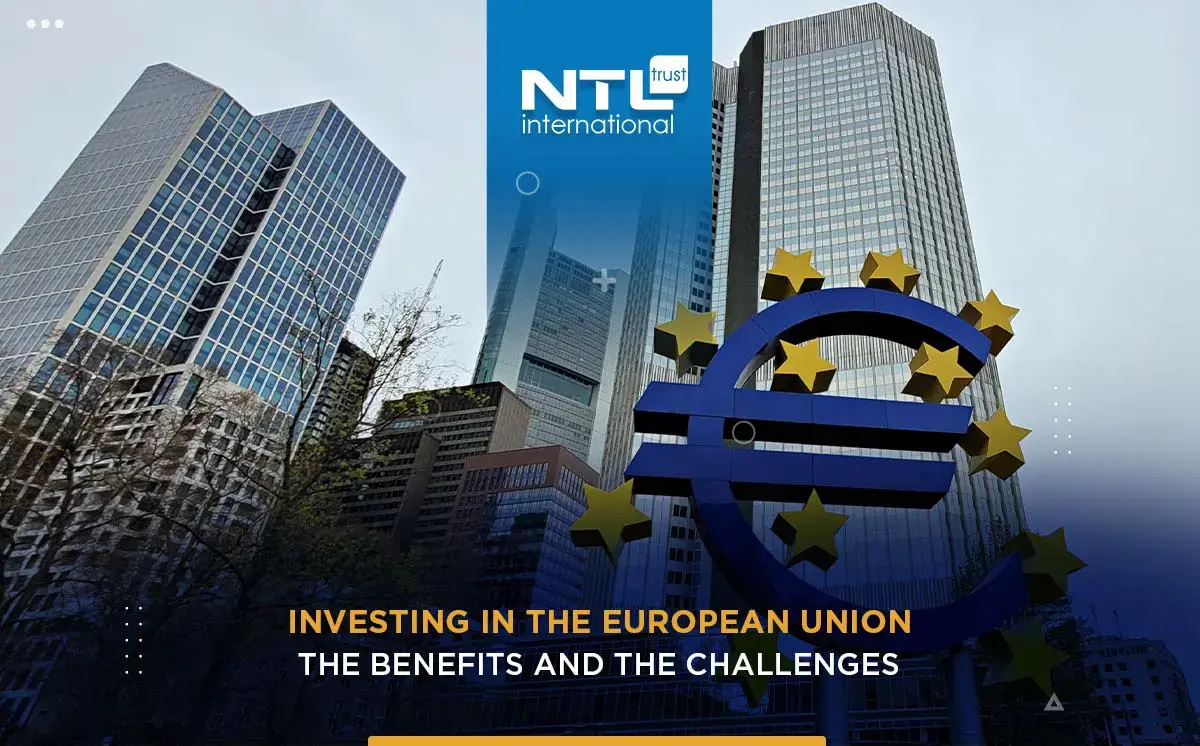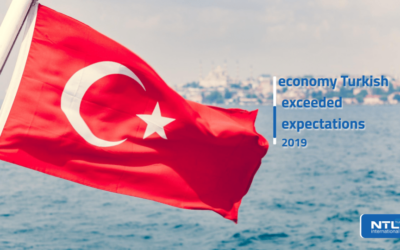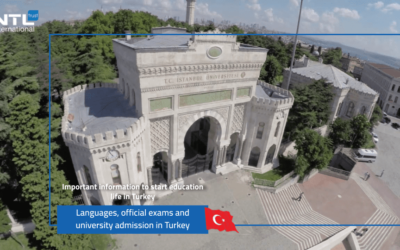
What is The European Union (EU)?
The European Union (EU) was founded in 1957 by six countries: Belgium, France, Germany, Italy, Luxembourg, and the Netherlands. Since then, it has expanded to include 27 member states, with a total population of over 450 million people.
The European Economic Area (EEA):
The EEA is a free trade area that includes all 27 EU member states, as well as Iceland, Liechtenstein, and Norway. This means that goods, services, capital, and people can move freely within the EEA without any restrictions.
Why invest in The European Union (EU)?
There are many reasons why the EU is an attractive destination for investors:
- Large market: The European Union (EU) has a single market of over 450 million people, making it one of the largest economies in the world.
- Strong economy: The EU has a strong and stable economy, with a GDP of over $17 trillion.
- Skilled workforce: The EU has a highly skilled and educated workforce, which can be a major asset for businesses.
- Advanced infrastructure: The European Union has a well-developed infrastructure, including roads, railways, airports, and ports.
- Stable political environment: The EU has a stable political environment, with a strong commitment to the rule of law.
- Access to other markets: Investing in the EU gives you access to other markets in Europe and beyond.
What are the investment opportunities in the EU?
There are many different investment opportunities available in the EU, including:
- Investing in companies: You can invest in start-ups or established companies in a variety of sectors.
- Investing in real estate: You can invest in residential or commercial real estate in different parts of the EU.
- Investing in infrastructure: You can invest in infrastructure projects such as roads, railways, and airports.
- Investing in funds: You can invest in funds that invest in a variety of assets across the EU.
What are the challenges of investing in the EU?
There are a few challenges that you may face when investing in the EU, including:
- Language barriers: There are many different languages spoken in the EU, which can make it difficult to communicate and do business.
- Cultural differences: There are many different cultures in the EU, which can make it difficult to adapt and integrate.
The European Union (EU) Member States:
- Austria
- Belgium
- Bulgaria (Citizenship by Investment)
- Croatia
- Cyprus ( Residency by investment)
- Czech Republic
- Denmark
- Estonia
- Finland
- France
- Germany ( Residency by investment)
- Greece ( Golden Visa)
- Hungary ( Golden Visa)
- Ireland
- Italy ( Residency by investment)
- Latvia
- Lithuania
- Luxembourg
- Malta (Citizenship by Investment)
- Netherlands
- Poland
- Portugal ( Golden Visa)
- Romania
- Slovakia
- Slovenia
- Spain ( Golden Visa)
- Sweden
General Facts about the EEA:
- Number of countries: 30
- Population: 500 million
- Area: 4.6 million sq km
- GDP: 17% of world GDP
Tips for investing in The European Union (EU):
- Do your research: Before you invest in the EU, it is important to do your research and understand the market.
- Get professional advice: It is advisable to seek professional advice from a lawyer or accountant who can help you navigate the EU’s complex regulations.
- Build relationships: Building relationships with businesses and individuals in the EU can help you to succeed.
The European Union (EU) is a dynamic and exciting place to invest and live. With its strong economy, skilled workforce, and stable political environment. To obtain an investment opportunity in one of the member states of the United Nations, you can contact our experts at NTL to offer you the most suitable Golden Visa program.
Turkish Economy Exceeded Expectations
The Turkish economy delivered a performance that exceeded expectations last year and is forecast to post significant growth this year.
According to the Investment Office of the Presidency of the Turkish Republic, Türkiye has jumped up 10 places and ranked 33rd in the World Bank’s Doing Business 2020 report. It ranked 69th in 2017, 60th in 2018, and 43rd in the 2019 editions of this report.
More than 48 million visitors on New Year’s Eve in Türkiye
The charming Türkiye, The Top Tourist-Generating Country.
Türkiye ranked fourth in Europe in the list of best tourist hosts. Where it hosted in the eleven months of the year 2019 until the eve of the New Year nearly 48 million and 46 thousand and 732 visitors. The largest number of visitors were from Russia, Germany and the United Kingdom, followed by Bulgaria, Iran and Georgia, with expectations of receiving 70 million tourists before 2023.
Languages, Official Exams and University Admission in Türkiye
It is said: “The Turkish language does not accept competition in its country.” Therefore, anyone who thinks about life, learning, and work in Turkey must seriously consider affiliation with the Turkish language teaching institutes for foreigners, which vary in three sources: public universities institutes, private centers, and municipal centers, the differences between these sources are reflected in the curriculum and method of language teaching and whether it focuses on teaching the daily life language, or the academic language, and in the schedule of these courses Quarterly system as in universities or other system, as well as tuition fees for these courses, and the privileges like accredited certificate at most Turkish universities.
Types of Schools and Universities in Türkiye
A family residing in Turkey has several options for teaching children in Turkish schools and universities, Let us begin with schools that vary between public and private schools.
The Turkish Electric Car TOGG
President Recep Tayyip Erdogan unveiled a prototype of Turkey’s first domestically electric car on Friday in Gebze, a district near Istanbul.





